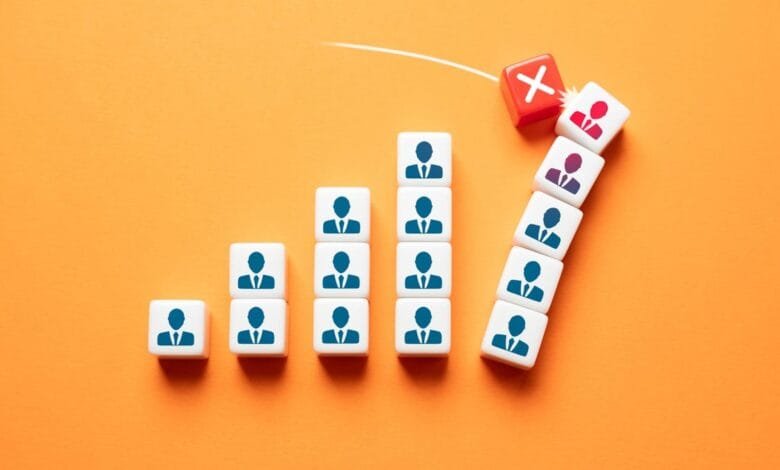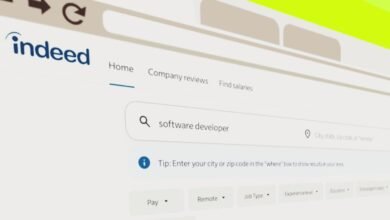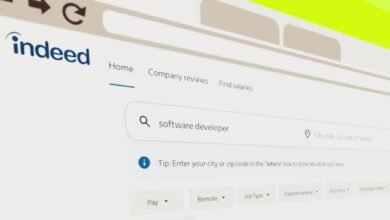Jobs Most at Risk From AI, Microsoft Study Reveals

▼ Summary
– Interpreters and translators are among the jobs most likely to be replaced by AI, according to a Microsoft report.
– Physical labor jobs like phlebotomists and massage therapists are currently secure from AI disruption.
– The Microsoft study used an “AI applicability score” but is limited by focusing only on Copilot usage, missing other AI tools.
– AI’s impact on jobs may not be straightforward, as historical tech shifts (like ATMs) sometimes create more jobs than they eliminate.
– Adaptability will be a crucial skill in the AI era, with many already using AI to navigate career changes.
The rise of artificial intelligence is reshaping the workforce, with certain professions facing higher risks of automation than others. A recent study by Microsoft identifies the jobs most vulnerable to AI disruption, revealing a clear pattern: roles centered on information processing and communication are at greatest risk, while those requiring physical dexterity or emotional intelligence remain relatively safe, for now.
Interpreters, translators, and customer service representatives top the list of occupations most likely to be impacted by AI. These positions rely heavily on language processing and data synthesis, areas where generative AI tools like chatbots and translation software already outperform humans in speed and scalability. Other vulnerable fields include journalism, political analysis, and sales, where AI can efficiently generate reports, draft content, and even personalize outreach.
On the flip side, jobs demanding hands-on work or nuanced human interaction appear far more resilient. Professions like phlebotomy, mortuary science, and massage therapy involve tactile skills and emotional sensitivity that AI cannot easily replicate. Even as robotics advance, the unpredictability of physical environments and the need for empathy create barriers to full automation in these sectors.
Microsoft’s analysis used an “AI applicability score” to measure how likely a job is to be augmented or replaced by AI. The metric evaluates how workers currently integrate AI into their tasks and assesses the technology’s potential to streamline essential functions. However, the study has limitations, it focused solely on interactions with Microsoft’s Copilot, ignoring other widely used AI tools that could further disrupt the labor market.
The findings shouldn’t be taken as a definitive forecast. History shows that technological shifts often create unexpected opportunities alongside disruptions. When ATMs were introduced, for instance, banks expanded their branches and hired more tellers to focus on customer service rather than routine transactions. Similarly, AI could eliminate certain tasks while spawning entirely new roles that don’t yet exist.
Experts emphasize that adaptability will be the defining skill in an AI-driven economy. As algorithms take over repetitive cognitive work, professionals may need to pivot multiple times throughout their careers, acquiring new expertise to stay relevant. Interestingly, AI itself could aid in this transition, nearly a third of Americans already use the technology for career coaching, skill development, and job searches.
While the future remains uncertain, one thing is clear: the workforce is entering an era of rapid transformation. Those who embrace continuous learning and flexibility will be best positioned to thrive alongside AI, rather than be displaced by it.
(Source: ZDNET)





